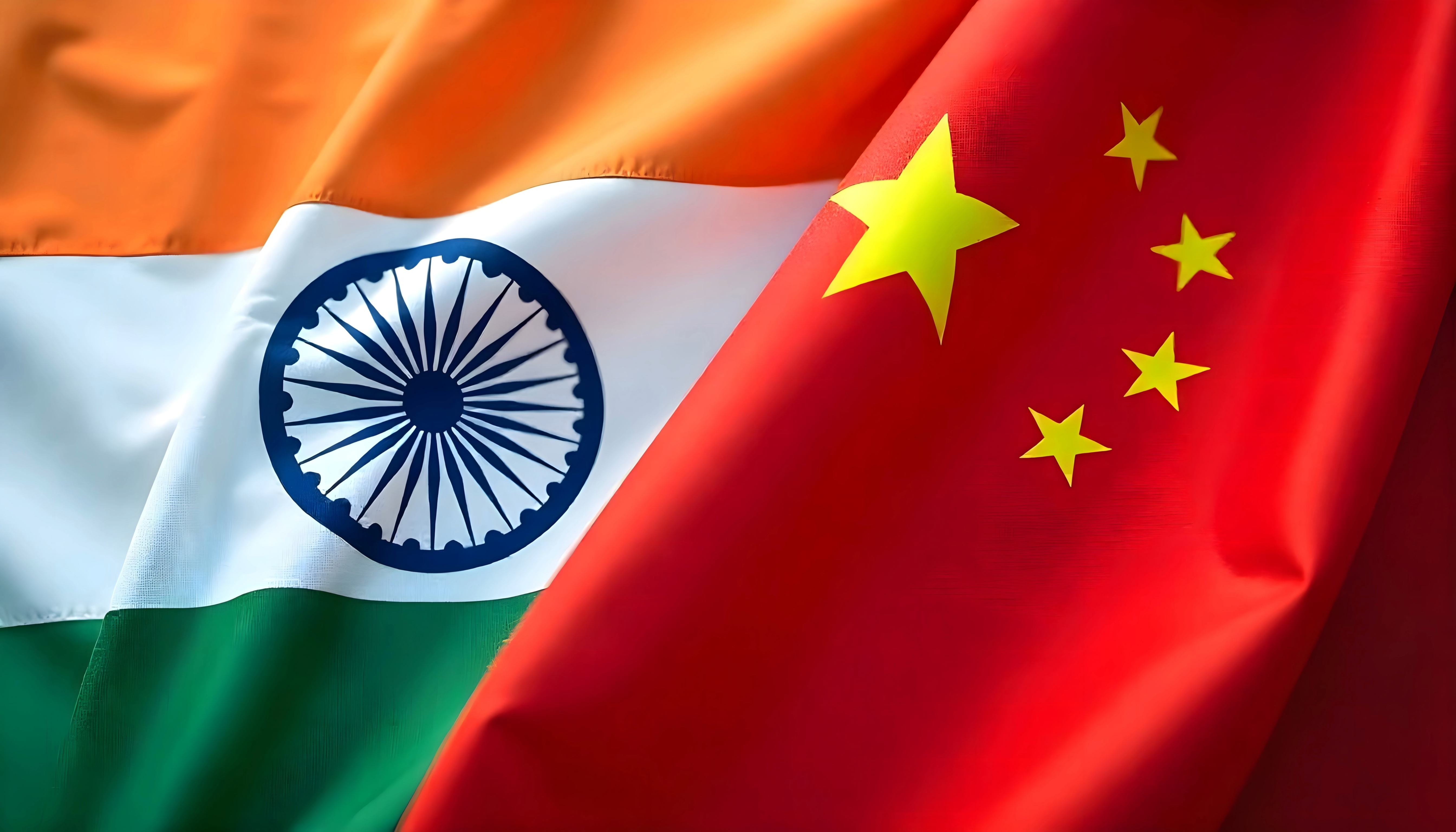Business Brief (Sept. 1): Xi Jinping Meets Narendra Modi, Calling for Stronger Strategic Communication and Mutual Trust
Here are the top business and economic stories from the past 24 hours and the key market events to watch.
HOT TOPICS
Xi meets Modi in Tianjin
President Xi Jinping met Indian Prime Minister Narendra Modi during the Shanghai Cooperation Organization summit, urging both sides to approach bilateral relations from a strategic perspective and to ensure border issues do not define overall ties.
U.S. tightens export controls on chipmakers in China
The U.S. has revoked “validated end-user” authorization for three semiconductor companies, including Samsung’s plant in China. Firms now must apply for licenses within 120 days to maintain operations, but no approvals will be given for capacity expansion or upgrades. China’s Ministry of Commerce opposed the move, calling for corrections to safeguard global supply chains.
China PMIs show modest recovery
In August, the official manufacturing PMI rose slightly to 49.4, while non-manufacturing activity increased to 50.3 and the composite index to 50.5. Manufacturing supply expanded, demand showed marginal recovery, and raw material prices rose, though profitability remained under pressure.
CSRC chairman pledges to deepen capital market reforms
Wu Qing, chairman of the China Securities Regulatory Commission (CSRC), stated at a seminar that the regulator will continue to consolidate the stable, positive momentum of the capital market. He emphasized pushing forward a new round of reforms and opening-up to enhance the market’s attractiveness, while actively promoting long-term, value-based, and rational investment philosophies.
Multiple Chinese regions suspend auto replacement subsidies
Guangzhou suspended its “trade-in” subsidy policy for vehicle purchases from Aug. 30. Earlier in August, several other regions, including Qinghai and Guizhou provinces, also halted similar auto replacement subsidy programs. The moves are described as periodic policy adjustments aimed at optimizing the use of funds, preventing fraud, and balancing market dynamics.
NDRC warns against “disorderly competition” in AI+ initiative
The National Development and Reform Commission (NDRC) has called for avoiding disorderly competition and “rushing headlong” into the AI+ action plan. The plan sets out a three-phase goal: achieving widespread application by 2027, making the intelligent economy a major growth engine within five years, and fully entering a new stage of the intelligent economy and society within 10 years.
Major panel makers report strong H1 growth
TCL Technology Group Corp. announced in its semiannual report on Aug. 29 that its display panel subsidiary, TCL CSOT, generated 50.4 billion yuan in revenue, up 14.4% year-on-year, with net profit attributable to TCL shareholders growing 51% to 2.6 billion yuan. Previously, on Aug. 27, BOE Technology Group Co. Ltd. reported its first-half revenue increased 8.5% to 101.3 billion yuan, with net profit attributable to the parent company rising 42.2% to nearly 3.3 billion yuan.
Gree’s H1 growth lags behind Midea and Haier
With all three of China’s major white goods manufacturers having released their first-half results, Midea Group and Haier Smart Home reported growth in both revenue and net profit. Gree Electric Appliances Inc. posted a year-on-year revenue decline, and while its net profit saw a slight increase, the growth rate was significantly lower than its two key competitors.
BYD’s H1 revenue grows 23.3%
BYD Co. Ltd. disclosed in its semiannual report that first-half revenue reached 371.3 billion yuan, a 23.3% year-on-year increase. Net profit attributable to the parent company grew 13.8% to 15.5 billion yuan. During the period, R&D expenses totaled 29.6 billion yuan, an increase of more than 50%.
Seres’ H1 sales decline while net profit surges 81%
Seres Group Co. Ltd. reported revenue of 62.4 billion yuan for the first half of 2025, a 4.6% year-on-year decrease. However, the company’s net profit surged 81% year-on-year to 2.9 billion yuan.
UPCOMING EVENTS
• U.S. stock markets will be closed for Labor Day.
• Canada to lift several retaliatory tariffs on U.S. goods.
NEWS SUMMARY
Domestic
• State-owned Central Huijin Investment has significantly increased its holdings in stock ETFs, with its portfolio now valued at 1.28 trillion yuan ($177.8 billion).
• WeChat is further standardizing its labeling requirements for AI-generated content.
•Multiple localities across the Chinese mainland are drafting implementation plans to promote the development of the brain-computer interface industry, signaling greater policy support.
Companies
• Semiconductor Manufacturing International Corp. (SMIC) plans to issue new shares to acquire a 49% stake in Semiconductor Manufacturing North China (Beijing) Corp., strengthening its control over mature process chip manufacturing.
• The controlling shareholder of Kweichow Moutai announced plans to increase its stake in the company by between 3 billion and 3.3 billion yuan.
• Huawei reported a 3.95% increase in revenue for the first half of the year, but its net profit fell by 32%.
• Alibaba Cloud denied market rumors that Alibaba had purchased 150,000 GPUs from Cambricon.
• Bank of China reported higher revenue but lower profit for the first half of the year.
• Alibaba’s second-quarter revenue grew 2% year-on-year, missing expectations, while net profit declined 18% due to intensifying competition in the food delivery sector.
• The performance of top courier companies diverged, with SF Holding remaining the most profitable while J&T Global Express surpassed it in market share.
• Country Garden’s net assets have shrunk to 23.9 billion yuan; the embattled developer is striving to complete its offshore debt restructuring within 2025.
• TSMC is accelerating its 1.4 nm advanced process technology, with construction on a new fab scheduled to begin in October.
International
• Indonesian President Prabowo Subianto has canceled his visit to China amid escalating political unrest in his country, which has seen residences of high-ranking officials attacked.
• A U.S. appeals court has ruled that tariffs imposed by the Trump administration were an overreach of authority, though the tariffs will remain in effect pending a final review by the Supreme Court.
caixinglobal.com is the English-language online news portal of Chinese financial and business news media group Caixin. Global Neighbours is authorized to reprint this article.
Image: NazeerArt – stock.adobe.com


